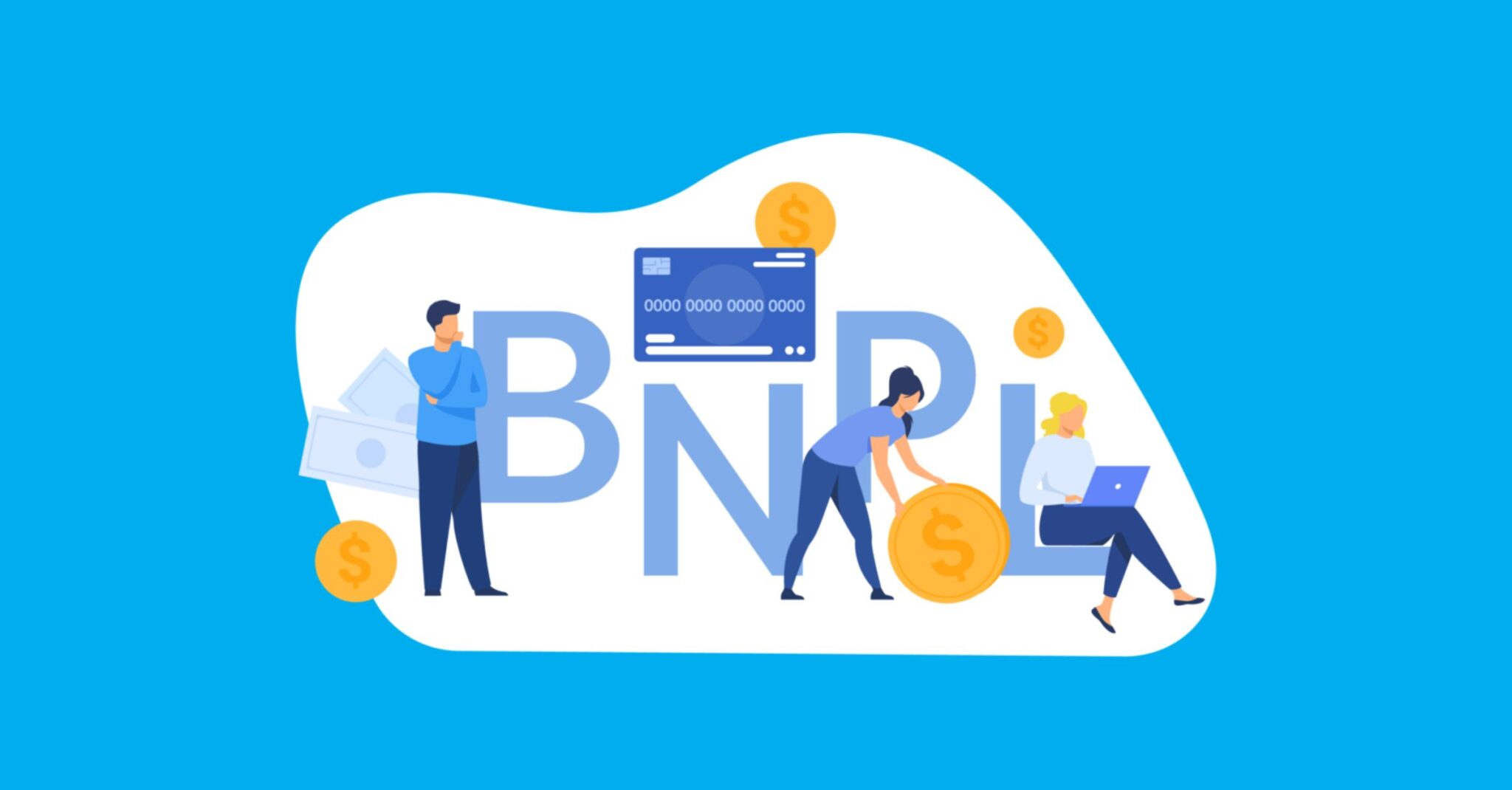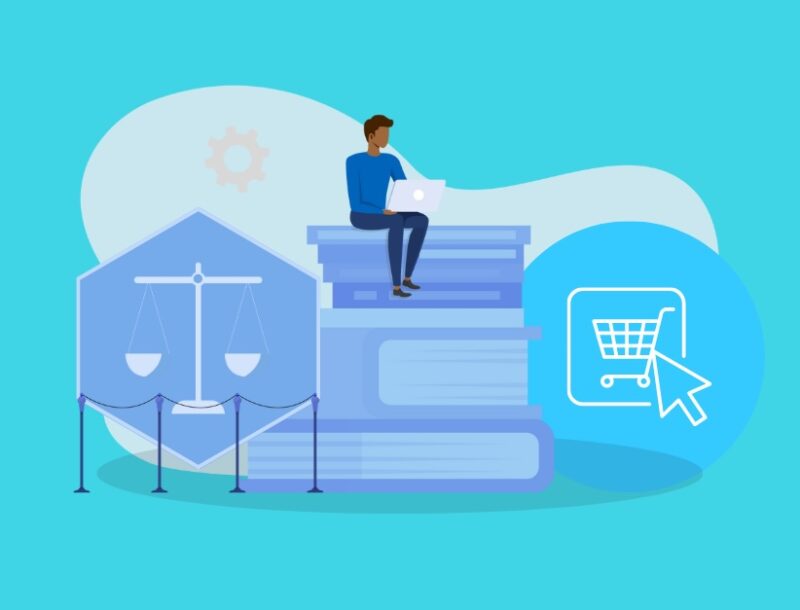Buy Now, Pay Later Issuers-Prepare for Regulation

The Consumer Financial Protection Bureau (CFPB or Bureau) recently published a blog post titled “Should you buy now and pay later?,” and while the agency has yet to explicitly begin regulating this industry, the blog could serve as a warning to all Buy Now, Pay Later (BNPL) issuers of tougher regulation ahead.
“The CFPB felt concerned enough to warn consumers about it so it may be just a first step and it may mean they got a number of consumer complaints,” said Eric Johnson, a partner at Hudson Cook LLP.
Around the globe, various countries are starting to roll out regulation in this space. In Ireland, BNPL companies are not currently regulated, but the Consumer Protection (Regulation of Retail Credit and Credit Servicing Firms) Bill 2021 is set to change this. The bill is in its second stage before the D√°il and will provide regulation to credit services.
The sheer volume of activity in this industry alone in the past six months was likely the trigger for the CFPB feeling the need to issue this warning to consumers. Between Affirm partnering with Amazon, Afterpay being acquired by Square, and numerous traditional credit card issuers entering this space, it’s a matter of time before specific regulations for this industry are issued.
Less tenured BNPL firms who do not have a compliance program in place need to face the fact that when these more traditional credit card programs ramp up their BNPL offerings, they’ll already have scalable compliance processes in place. Their programs have stood the test against regulation over several decades and will allow them to be ready when the regulators finally decide to come knocking.
The CFPB urged consumers that “it’s essential to understand the benefits and risks that come with BNPL (or any financial product) before making your next purchase.” Making your loan agreements as clear, explicit, and easy to find as possible for consumers should be your highest priority.
Below is a summary of the issues the CFPB focused on that consumers should consider before deciding on a BNPL loan and items that BNPL issuers can implement today to start protecting consumers.
Approval Processes Notice
Every BNPL issuer has a different set of criteria when it comes to the approval process of their installment plans. If a credit check is required for the installment plan, the implications of this should be made explicitly clear with the borrower. If a credit check is not required, consumers run the risk of overextending their finances and ending up paying the associated interest or late fees attached to the agreement. In other words, just because a consumer can get approval for a BNPL loan, doesn’t mean they should. To better protect consumers, include details and implications of the approval process during the checkout process.
“BNPL can be a tempting payment option for many consumers because it makes it easy to purchase something today and pay for it later. Because you can qualify for BNPL without passing a hard credit inquiry, make sure you have a good sense of your finances and whether the payments will fit within your budget.”
– CFPB
TILA Disclosures
While the federal Truth in Lending Act’s (TILA) Regulation Z applies only to consumer credit where a finance charge is payable or the agreement exceeds more than four installments, requiring TILA disclosures on all marketing materials is a safe step for consumer protection and to avoid action from the CFPB.
You should include a disclosure when you mention one or more of the following terms: number of payments, period of repayment, monthly payment amount, or existence of a down payment. The disclosure should include: purchase price/loan amount, monthly payment amount, length of loan term, APR, potential for down payment, and any other restrictions (e.g., limited time).
Creating a universal disclosure statement for all of your merchants to use will decrease the risk of incorrect or outdated terms being used on their marketing materials.
Fee Details
Regulators are starting to take a deeper look at how the BNPL industry works given that fees are generated primarily from merchants, rather than consumers paying high interest charges. Australia’s Department of the Treasury, for example, found that late fees are as high as 68% when converted to an annual percentage rate and that 30% of the revenue at BNPL firms comes from what regulators call “bad debt,” or debt used for consumption.
Research has found that the credit risk for BNPL is much higher than for traditional credit. Late fees, interest rates, and all other additional fees should be disclosed to consumers on all marketing materials.
Credit Implications
While a differentiator between traditional credit cards and these BNPL loans is that the consumer is not required to have a certain credit score, it doesn’t necessarily mean that being issued this type of loan will not impact their credit.
“It’s important to know that most BNPL credit is not reported to the credit bureaus and won’t impact your credit score. If getting or building credit is your goal, use our resources to better understand how to improve your credit record over time. While most BNPL companies don’t currently report to consumer reporting companies, there are some that do. If you make a late payment, and the BNPL company reports your late payment to a credit reporting company, this can harm your credit history.”
– CFPB
Clear disclosures and implications of credit are critical information to make clear to consumers.
Summary
While we may not know when regulation in the US is coming for BNPL issuers, the statement made by the CFPB to consumers considering this loan type should not be taken lightly. Regulation is likely coming and, when it does, the issuers will need to assume responsibility for the protection of their consumers.
PerformLine is helping BNPL issuers thrive by making marketing compliance scalable, actionable, and efficient. Learn how PerformLine can find and mitigate compliance risk across your marketing channels, including merchant partners. Read this BNPL customer story to learn more.


